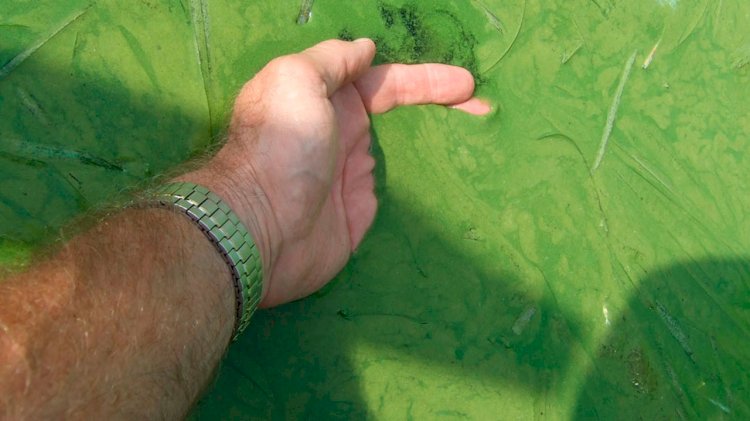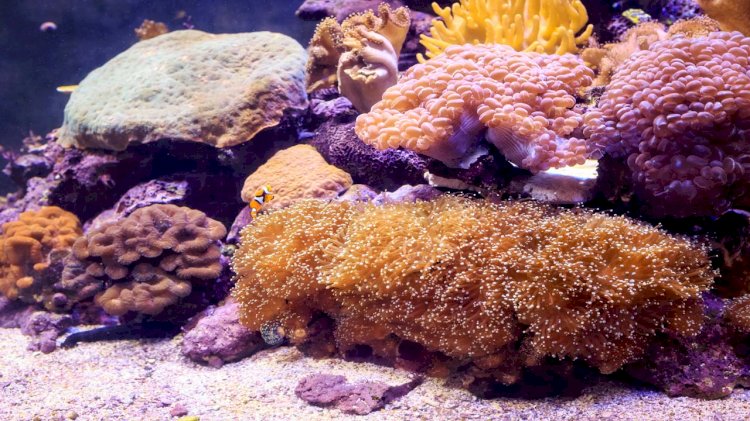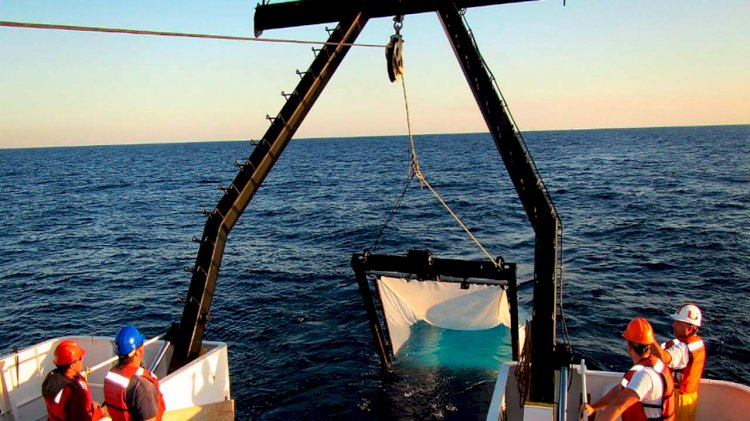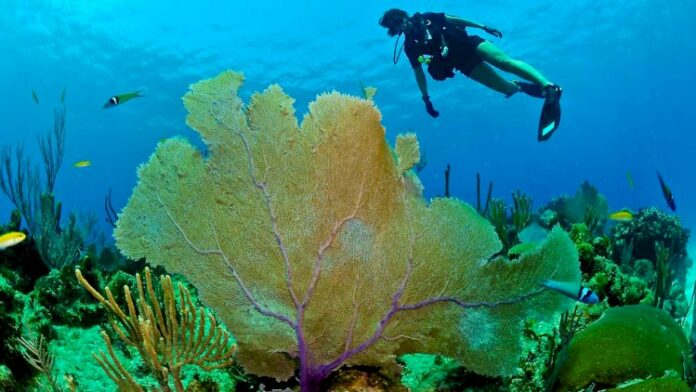Projects will help improve efforts to protect marine resources, public health and coastal economies.
NOAA’s National Centers for Coastal Ocean Science (NCCOS) is allocating $10.2 million in FY 2019 to fund HAB research across the USA. Approximately $8.4 million of that will cover the first year of new 3- to 5-year projects, and $1.78 million will go to 3-year projects already in process. Funded under NOAA’s ECOHAB and MERHAB programs, new projects will begin in Alaska, California, Chesapeake Bay, Florida, the Great Lakes, New England and the Pacific Northwest.
Award recipients will conduct research to identify conditions that increase bloom toxicity; model toxin movement from the water into shellfish, fish and marine mammals; and improve toxin monitoring and forecasts. NCCOS research programs help states and regions around the nation mitigate the effects of HABs, which can include contaminated drinking water, fisheries closures and disruption to recreation and tourism.
NCCOS director Steven Thur, PhD, said:
“Through NCCOS, NOAA is funding the latest scientific research to support environmental managers trying to cope with increasing and recurring toxic algae that continue to affect environmental and human health and coastal economies. Improved understanding of these coastal HAB threats will lead to better bloom observation and prediction, and help to mitigate effects along the U.S. coast.”

Also NOAA’s Coral Reef Conservation Program has awarded more than $9.3 million in grants to support coral conservation projects and scientific studies in seven U.S. states and territories, as well as international projects in the Caribbean, Mesoamerica, Micronesia and the South Pacific.
Grant and cooperative agreement recipients are also providing more than $5.4 million in matching support — a total of $14.7 million for these critical projects.
These projects and studies will help address the three primary threats to coral reefs: a changing global climate, land-based sources of pollution, and unsustainable fishing practices. The awards also fund activities to heal and restore damaged coral reefs.
Jennifer Koss, director of the NOAA Coral Reef Conservation Program, said:
“Healthy and diverse coral reefs support the nation’s blue economy through tourism and recreation, coastal flood and storm protection, and seafood production. We are delighted to continue funding research and activities that reduce local threats and advance conservation strategies so that we can sustain coral reef ecosystems for generations to come.”
Nearly half of the funds will support projects led by state and territorial resource management agencies, while other projects will be run by non-governmental organizations, community groups and academic partners. A limited number of international projects will also support work in Micronesia, southern Mexico and northern Central America, and the wider Caribbean region. The awards will build on long-term project partnerships with the National Fish and Wildlife Foundationoffsite link and The Nature Conservancyoffsite link.
Among other projects, the studies focus on the loss of coral reef from disease, and how water quality and environmental change can affect reefs.
 The NOAA RESTORE Science Program has awarded approximately $15.6 million in grants to four teams of researchers and resource managers from across 20 institutions including universities, federal and state agencies and non-governmental organizations to support work on living coastal and marine resources and their habitats in the Gulf of Mexico.
The NOAA RESTORE Science Program has awarded approximately $15.6 million in grants to four teams of researchers and resource managers from across 20 institutions including universities, federal and state agencies and non-governmental organizations to support work on living coastal and marine resources and their habitats in the Gulf of Mexico.
Steven Thur, director of NOAA’s National Centers for Coastal Ocean Science, said:
“These awards continue NOAA’s commitment to producing timely and high-quality science to support the management and sustainability of the Gulf of Mexico. Improving our understanding of long-term trends in the Gulf will help us make the decisions now and in the future necessary to ensure the Gulf remains a vibrant resource for the nation.”
The grants are in response to the RESTORE Act, which in July 2012 authorized the use of administrative and civil penalties resulting from the Deepwater Horizon oil spill to restore and protect the natural resources, ecosystems, fisheries, marine and wildlife habitats, beaches, coastal wetlands and economy of the Gulf Coast region.




